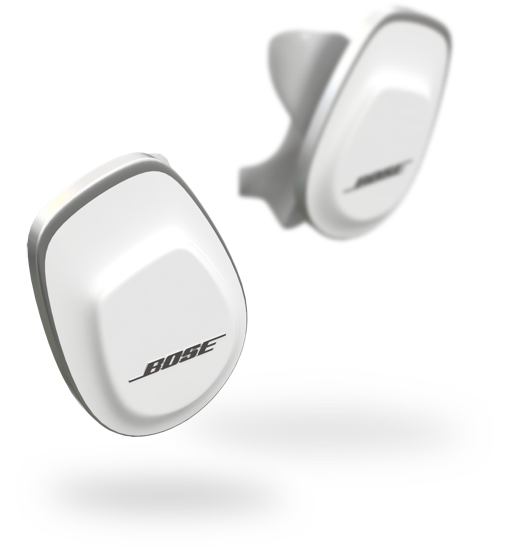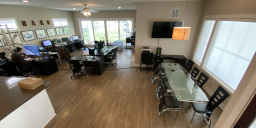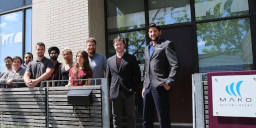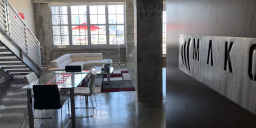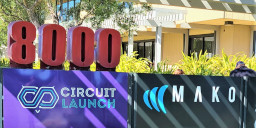You’ve nailed that one-page resume. You filled out the application. You click submit. A few days later, you get an email notification and Eureka! Congratulations, you’ve landed an interview. But once the few moments of elation dissipate, you quickly realize the hardest part comes next: Figuring out how to prepare for the interview with an industrial design company.
Out of the frying pan and into the fire, as they say.
Absolutely it’s a lot of pressure to have just one chance to leave an amazing first impression. To give yourself the best chance of appearing poised and prepared, you’ll probably spend reading potential interview questions. By the end of your research, you’ll be tired of reciting your greatest weaknesses, strengths, and personal STAR method anecdotes to yourself. But outside of these types of standard questions and answers, how else should aspiring designers prepare themselves for an interview?
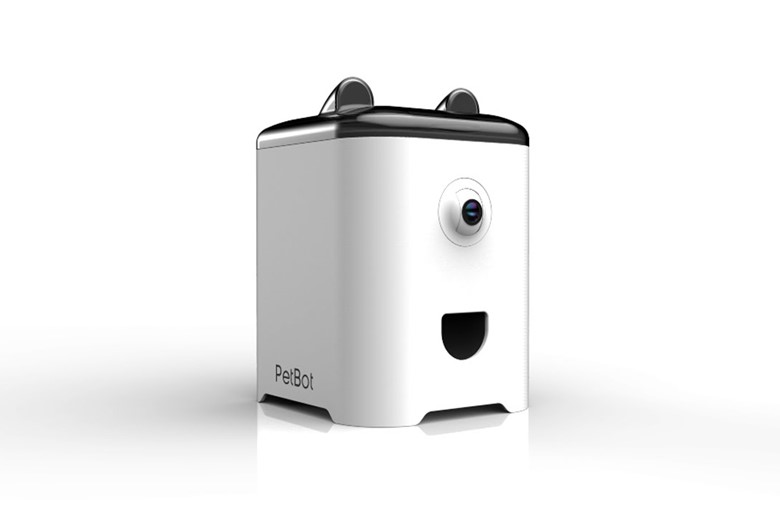
Streamline Your Portfolio
Less is more when you’re interviewing with industrial design companies. Your portfolio is a reflection of you – specifically, your problem-solving ability, creativity, and communication skills. Recollect the original objectives of your designs and determine which ones best show off your skillset in achieving that objective.
Obviously, most of you put a great deal of effort into each and every one of your designs. So it’s hard to cherry-pick just a few. But be honest with yourself. If you feel like certain designs don’t show off your skillsets, it’s probably best to omit them from your portfolio.
Practice How You Communicate
Your ability to communicate your work is just as important as picking which works to include in your portfolio. Is the problem you’re solving with your design a solution that’s easy to understand? Try explaining your design to family, friends, and colleagues who are not designers.
Be attentive to their reactions and judge if they’re following along, getting bored, or have a helpless look of confusion. Your interviewer likely has dozens of candidates to go through – you’re not going to be memorable if you keep droning on and on.
You can also expect other candidates to have beautiful renders of their work in their portfolio – just like yours. In this industry, that is the baseline. Thus, it’s often a difficult task for the hiring manager to pick out the “best” portfolio simply by visually comparing one with another.
To differentiate yourself from other candidates, consider picking works that will help you demonstrate your technical skills in a unique way. Hook your interviewer in a story about your passions, views, and inspiration that guided your design process.
Creating a narrative is a useful tactic. More often than not, interviewers care about your career journey more than your raw skills alone. The steps you took and your attitude throughout your journey serve as very strong indications of how you might fit in with the team.
A telltale sign that you’re on the right path is that the flow of your interview will start to change. It will feel like more of an amicable conversation rather than a Q&A session.
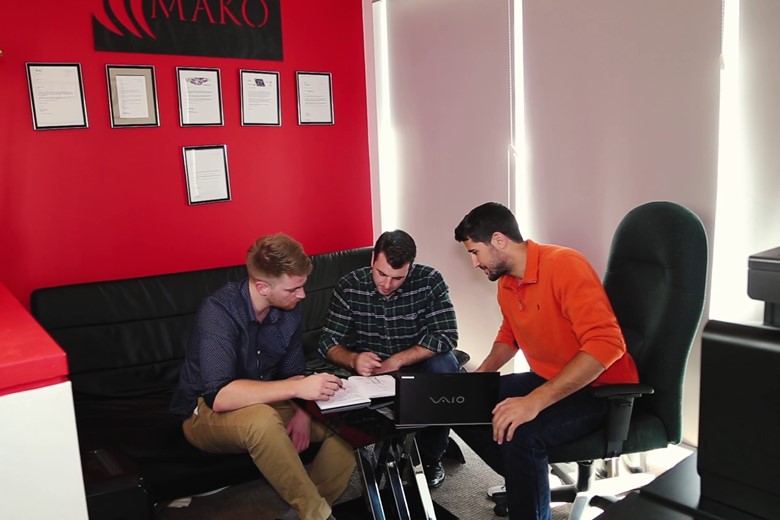
Interview the Interviewer
Ok, especially if you’re a recent grad or an intern moving up the chain, you might feel like you don’t have this luxury. Because landing the gig trumps all else.
Not true, though.
If Tinder has taught us anything, what we see is not always what we get.
Sure, there’s the initial mutual attraction. They like your resume and portfolio, you like that they’re a Fortune 500 company. But what does the fit look like in the long term? Does the company share a passion for design or they more interested in the bottom line? Does your interviewer look like they enjoy working for the company? Ask questions to learn how the company’s objectives align with your career objectives and see if it’s a good match.
Preparing salient questions for your interviewer also shows that you’re invested in the company’s future. When you ask about company values, the role, and even the interviewers themselves, you’re indicating to your interviewer that you have a willingness to learn.
This is important to demonstrate because interviewers are looking for people with more than just technical skills. They’re looking for candidates who can accept and offer new perspectives and experiences to add to the existing team dynamic.
Don’t be discouraged if an interview doesn’t go your way. It’s rarely a knock on your skills or technical abilities. Like dating, interviewing with industrial design companies is more about finding the right chemistry. When you start working with a team, you’ll be seeing them quite a bit throughout the week. Thus, it is the hiring manager’s job to ensure that the candidate they pick meshes well with the team.
So be yourself, communicate clearly, and boast those skills you’ve worked so hard to acquire!
You got this!!
About: MAKO Design + Invent is the original firm providing world-class consumer product development services tailored to startups, small manufacturers, and inventors. Simply put, we are the leading one-stop-shop for developing your physical product from idea to store shelves, all in a high-quality, cost-effective, and timely manner. We operate as one powerhouse 30-person product design team spread across 4 offices to serve you (Austin, Miami, San Francisco, & Toronto). We have full-stack in-house industrial design, mechanical engineering, electrical engineering, patent referral, prototyping, and manufacturing services. To assist our startup and inventor clients, in addition to above, we help with business strategy, product strategy, marketing, and sales/distribution for all consumer product categories. Also, our founder Kevin Mako hosts The Product Startup Podcast, the industry's leading hardware podcast. Check it out for tips, interviews, and best practices for hardware startups, inventors, and product developers. Click HERE to learn more about MAKO Design + Invent!
